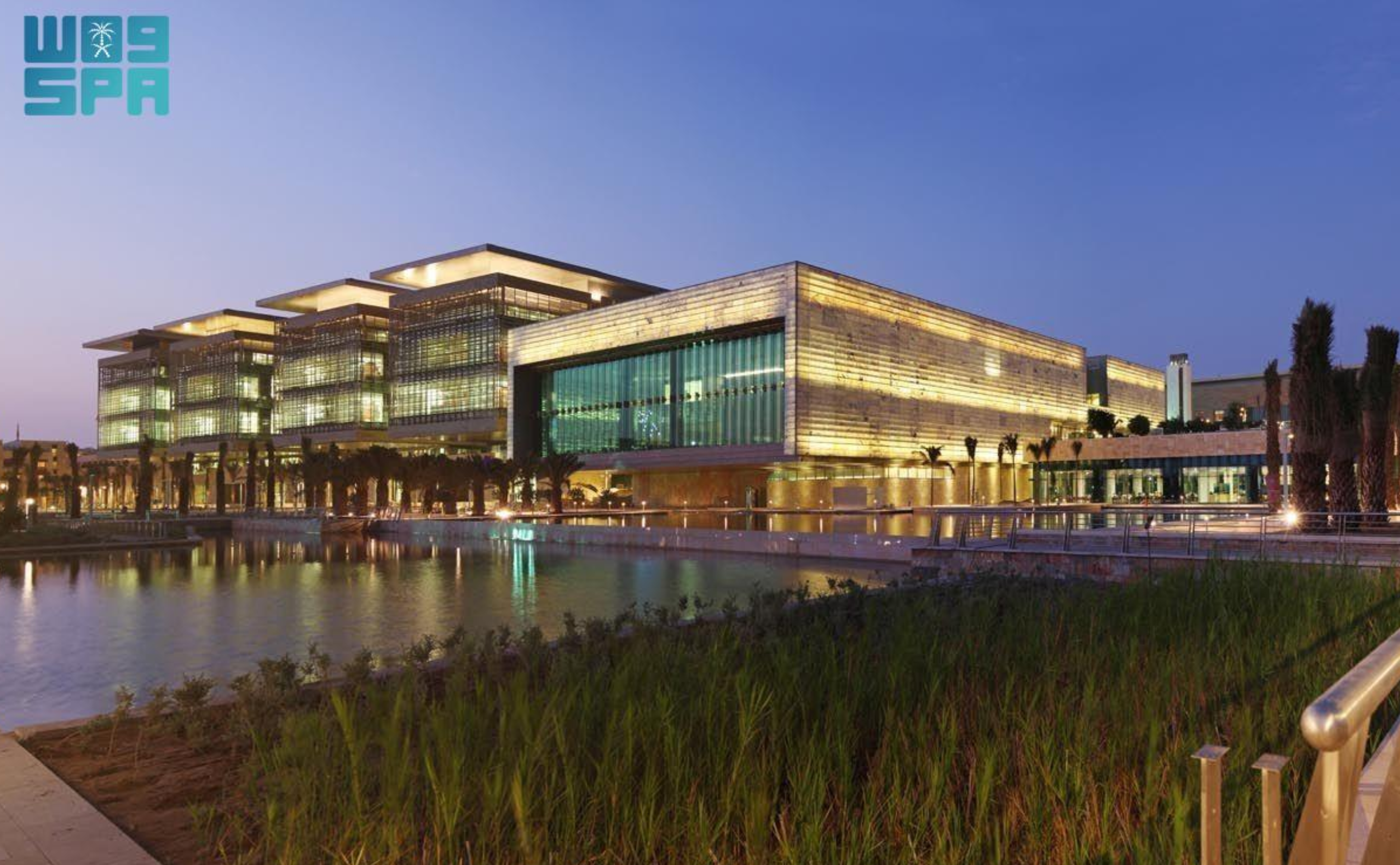
KAUST in Top 100 for 'THE' Impact Ranking
Serving as a model for innovation and education in the region, King Abdullah University of Science and Technology (KAUST) exemplifies how Saudi Arabia is achieving exceptional science and technology through sustainable actions. Its commitment to sustainability has been consistently recognized by the Times Higher Education (THE) Impact Rankings. This year, especially, KAUST ranked in the top 100 for the first time.
The United Nations (UN) has identified 17 Sustainable Development Goals (SDGs). KAUST is ranked in the top 10 worldwide in two Sustainable Development Goals (SDGs): SDG11 – Sustainable Cities and Communities, and SDG14 – Life Below Water. It also ranked in the top 20 globally in two others: SDG6 – Clean Water and Sanitation and SDG17 – Partnerships for the Goals.
KAUST ranked fifth among Arab universities and third among Saudi Arabian universities. Regarding individual SDGs, it ranked number one in SDG11 (Sustainable Cities and Communities) and SDG14 (Life Below Water) among Arab universities.
KAUST President Sir Edward Byrne AC said: "Our commitment to sustainability is at the core of KAUST's mission. We harness science and innovation to create solutions for some of the world's most urgent challenges, fostering an inclusive and resilient community at KAUST and with our partners in the Kingdom of Saudi Arabia."
KAUST Professor and Chief Sustainability Officer Ana Margarida Costa said: "This new ranking confirms that KAUST is accelerating its sustainability efforts across education, research, innovation, operations, and outreach."
"The University's multidisciplinary approach, focusing on real-world applications and partnerships in Saudi Arabia and around the world, drives significant and measurable global and local impact," Costa added.
Summarizing how sustainability drives KAUST, the university released its latest SDG Highlight Report in May, an annual report prepared by the KAUST Office of Sustainability.
The report highlights several KAUST initiatives for each of the 17 SDGs. Examples include the development of solar-powered atmospheric water harvesters that promise affordable drinking water in arid regions, the use of advanced imaging and computational analysis to pinpoint specific regions most susceptible to climate-related disasters, and new medicines that protect and restore coral reefs. The report also describes the four KAUST Centers of Excellence that opened last year, with each dedicated to research supporting one or more of the Kingdom's research, development, and innovation pillars.
In total, KAUST has long aligned its research and innovation to Saudi Arabia's national priorities: energy diversification, food and water security, enhanced healthcare, and future-oriented sectors. These priorities are reflected in the UN SDGs, and all aim to raise the quality of life.








